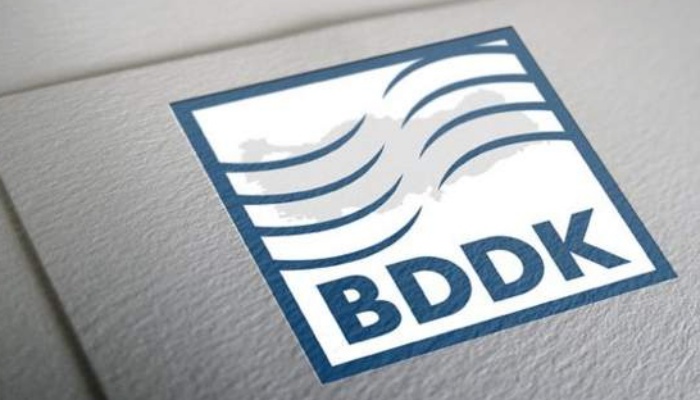Turkish banks have been banned from performing some foreign-currency trades with UBS, Citibank and BNP Paribas as part of a series of dramatic interventions by the country’s authorities after the lira hit a record low, the Financial Times reported.
The move by the Turkish banking regulator against three major international banks followed a slide in the lira to a low of 7.2685 to the US dollar in morning trading in London, reflecting rising investor concern over the country’s economic strength and ability to defend its currency during a turbulent period for global financial markets.
In a press release the Turkish regulator accused the three banks of failing to meet their Turkish lira liabilities on time. It said it was taking the measure to protect the rights of savers, to ensure the orderly functioning of the Turkish banking sector and to protect it from dangerous practices.
The fall pushed the lira below the previous trough hit during the 2018 currency crisis, which triggered the country’s first recession in a decade. On a day of volatile trading, the currency had strengthened to TL 7.1776 by mid-afternoon in London.
Berat Albayrak, Turkey’s finance minister and son-in-law of the president, had sought to reassure investors on Wednesday that the economy would quickly bounce back from the blow dealt by coronavirus.
Turkey’s state media depicted the plunge in the currency as an orchestrated attack organized from London by unnamed foreign banks.
The state-run Anadolu news agency reported that regulatory authorities would be launching legal proceedings against the institutions and said they could face “heavy fines and transaction bans.” The move had echoes of a 2019 threat to investigate JPMorgan for advising clients to short the lira.

